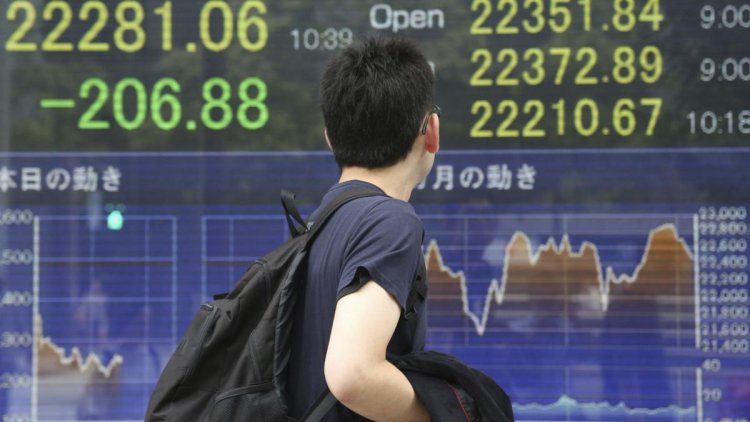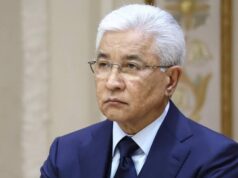How do experts view financial conflict of top two economies?

Some US politicians have been relentlessly pursuing an escalation in tension with China for the sake of short-term political interests, even at the cost of the US’ leading financial position in the world. With the Trump administration claiming to announce a “strong response” this week to intervene in China’s domestic legislation, as well as recent US politicians’ insults about Chinese companies listing on American stock markets, global investors are concerned that the US might start a “financial war” with China. In interviews with the Global Times, two Chinese economists noted that although a comprehensive financial war is not likely, conflicts is inevitable due to US politicians’ political schemes, which will hurt China but will also damage US financial sectors.
Dong Shaopeng, adviser to the China Securities Regulatory Commission and senior research fellow at the Chongyang Institute for Financial Studies at Renmin University of China
Financial conflict between China and the US is inevitable given that the coronavirus pandemic has weighed on the antagonistic atmosphere globally. However, heating up financial conflict with China will bring ruinous effects to the American financial sector, which is supposed to be an open and inclusive system.
After a trade war with China initiated by the US, now the conflict has extended to financial areas. But instead of a so-called financial war, an economic war between the two economies would be more accurate.
However, the global economic integration has been shaped with countries’ economic and financial factors and activities related to each other. If the US starts a “financial war,” it will only lead to damage for both sides.
In terms of the market, a “war” will hinder free liquidity of financial investment in mutual directions as both China and the US have various kinds of investment in the other side. Also, there are already institutions and organizations forming a mechanism to deal with international issues through communication and cooperation, including the International Monetary Fund (IMF) and other market regulators. The US’ long-arm jurisdiction is not acceptable. Not to mention that trying to launch financial restrictions to achieve its political goals will only lead to deadlock and conflict.
Although China’s financial sector has its shortcomings, it has now developed into a complete system to resist risks and serve its real economy. Defending itself from the US-initiated financial conflict would not be a problem.
Xi Junyang, professor at the Shanghai University of Finance and Economics
The predictions of a “financial war” are not quite accurate, but there is still a risk that the US side may take extreme measures to heat up its conflict with China in financial sectors due to certain politicians’ agendas.
There’s no denying that China is in a weak position in the global financial market and will be hurt by a financial conflict. However, launching financial restrictions on China will not bring any benefits to the US. It is generally a political scheme by the US government and politicians trying to win an election by blaming everything on China and further stirring up an antagonistic atmosphere so as to misdirect public opinion.
China-US bilateral financial cooperation has been generating benefits for both sides. Massive Chinese companies going public in American stock markets offered a favorable investment choice for US’ investors and improved the global status of its stock markets.
If the US recklessly escalates the financial conflict, it is hard to forecast how far the US government will go, and extreme scenarios involving drastically reduced financial ties with China are possible.
It will be a lose-lose choice, but it will not hurt China’s overall economy. And China won’t suspend its opening-up efforts of its financial industries. On the other hand, it may be an opportunity for China to speed up the internationalization of its currency, the yuan, amid cooling relations with the US.
Source : Global Times




